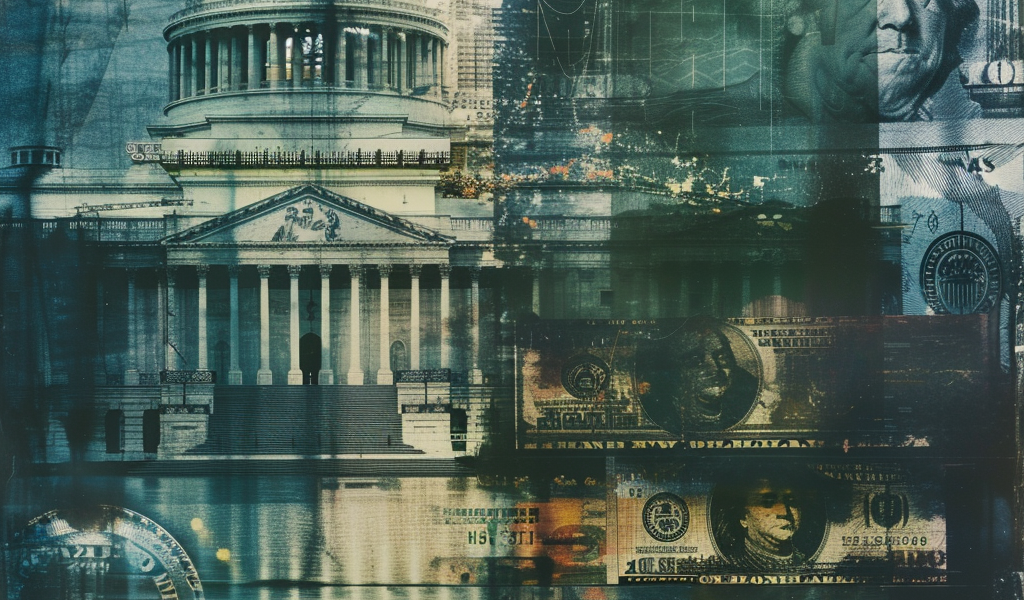The U.S. dollar has experienced a notable decline as investors reassess their expectations regarding the upcoming presidential election, specifically the potential victory of Donald Trump. This shift in sentiment comes amidst ongoing discussions about the implications of the 2024 election on the financial markets.
Market analysts have observed that the dollar’s weakness is partly driven by uncertainty surrounding the election outcomes. As the political landscape evolves, investors are becoming increasingly cautious, leading to a reevaluation of their positions. The dollar, often seen as a safe haven, has not maintained its strength in the face of shifting political dynamics.
The political climate in the United States is heating up as candidates ramp up their campaigns for the presidential election scheduled for November 2024. The race is becoming increasingly competitive, and the possibility of Trump’s return to the White House has raised eyebrows among economists and investors alike.
In recent weeks, various polls have indicated fluctuating support for Trump, with some showing a resurgence in his popularity among certain voter demographics. This rise has prompted investors to reconsider their strategies, leading to a decrease in dollar investments as they hedge against potential political volatility.
Economic indicators suggest that the dollar’s performance is closely tied to the prevailing political sentiment. As the election approaches, the uncertainty surrounding candidates’ policies, particularly those of Trump, could significantly impact market stability. Investors are now weighing the potential outcomes of the election and how they might affect economic growth and monetary policy.
Financial experts are closely monitoring the situation, noting that the dollar’s decline could have broader implications for global markets. A weaker dollar often leads to increased commodity prices, affecting everything from oil to gold. This scenario could trigger inflationary pressures, further complicating the Federal Reserve’s monetary policy decisions.
In addition to the dollar’s performance, other currencies are also feeling the effects of the shifting political landscape. The euro, for instance, has seen a slight uptick as investors seek alternatives to the dollar. This trend highlights the interconnectedness of global markets and how U.S. political developments can ripple through the international financial system.
As the election campaign unfolds, investors are advised to stay informed about the candidates’ platforms and their potential economic implications. Understanding the nuances of each candidate’s policies will be crucial for making informed investment decisions in the coming months.
Furthermore, analysts emphasize the importance of diversifying investment portfolios to mitigate risks associated with political uncertainty. As the election date draws nearer, volatility in the markets is expected to increase, making it essential for investors to remain vigilant.
In summary, the weakening of the dollar as investors recalibrate their expectations regarding the 2024 presidential election serves as a reminder of the intricate relationship between politics and economics. As the campaign progresses, the financial markets will likely continue to react to the evolving political landscape, underscoring the need for strategic investment approaches in these uncertain times.





